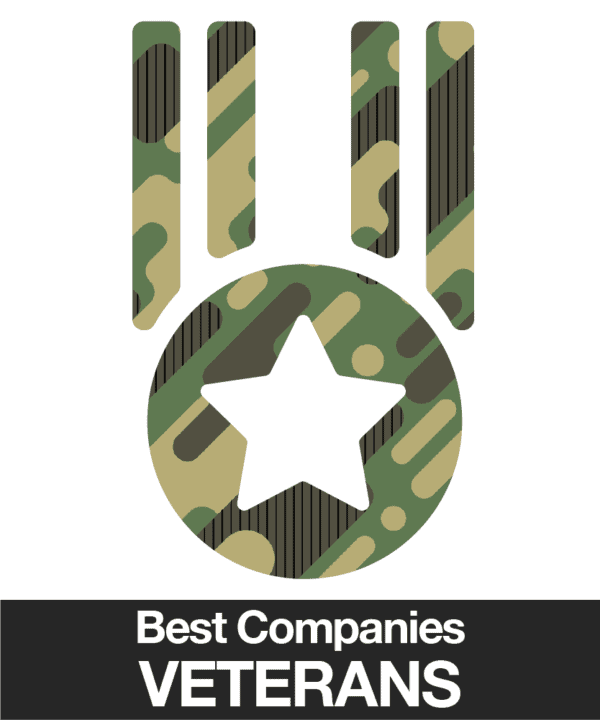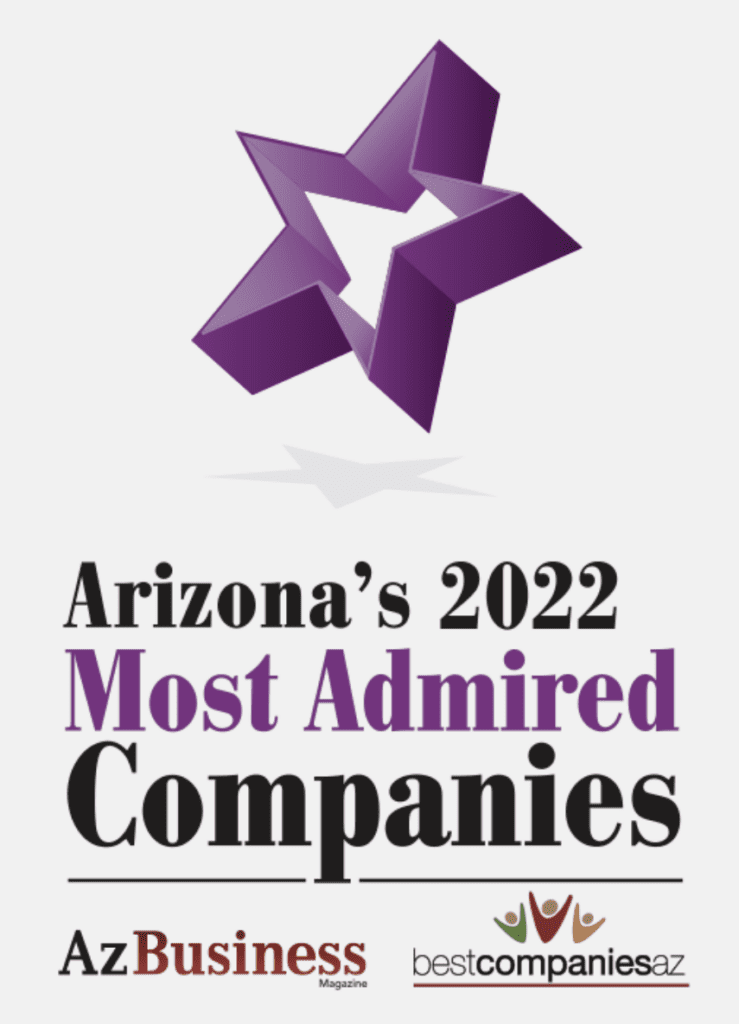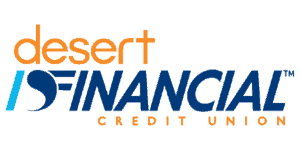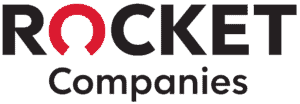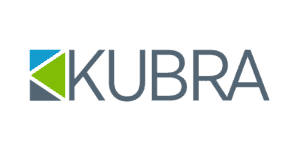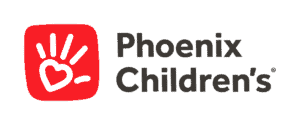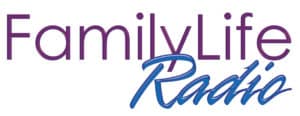While you may not know everything an interviewer will ask, it never hurts to practice! Nevertheless, you may find yourself stumped by open-ended questions like, “What are your career goals?”
There’s a reason that many interviewers ask candidates open-ended questions. These questions allow the candidate to take the spotlight and share what makes them unique. All in all, it’s an opportunity to share more about yourself with confidence.
In this article, we cover what you need to know when asked about your career goals in an interview. Keep reading to learn why these goals matter and see examples of short- and long-term goals.
Why You Should Plan Your Career
First and foremost, we aren’t saying that you should plot out each step of your professional development. The best professional strategic plans are both comprehensive and flexible. Your career path can change in a way you didn’t expect, which is normal. To adapt to those changes without missing a beat, it helps to have career goals.
The Power of Short- & Long-Term Career Goals
Organize your goals by short term and long term. Goals you can achieve within a few months are short-term goals, while goals that need time to mature are long-term goals.
When asked what your goals are in an interview, you might be inclined to list them out. For instance, you may say, “My goals are improving my communication skills and entering into a leadership role.”
Answering this question with a list isn’t ideal for a few reasons. Mainly, this answer leaves your interviewer wanting more. You might have shared your goals, but they still don’t know much about you. Plus, your plan comes across as half-finished.
So, how do you share your career goals without rattling off a list? Think of your goals in the short and long term.
Let’s use the same example as before. Your long-term goal is to enter into a leadership role, so your short-term goal is to improve your communication. A great way to get this across is to explain how you’ll use short-term goals to achieve your long-term goals. This way, you can create an authentic answer that illustrates your ability to plan.
With this structure in mind, we’ll look at several example answers below and explain what makes them work.
Career Goals Examples: 3 Questions and Answers
1. Tell me about your career goals.
Answer: “Currently, my goal is to continue my web development career, working for companies like yours that are passionate about giving an authentic customer experience. Working for a company that I’m passionate about also motivates me to expand my leadership responsibilities through collaboration opportunities.”
Why it works: This answer provides a concise and comprehensive answer to the question. It illustrates the candidate’s short-term goal and how it allows the candidate to progress to their long-term goals. Plus, this answer mentions one reason why the candidate was interested in the company. Mentioning how the company’s mission motivates them to improve also shows how the job position aligns with the candidate’s goals.
2. What do you see yourself doing in 5 years?
Answer: “In five years, I hope to have completed my Master of Business Administration program. I am motivated to continue improving myself through various learning opportunities that help me hone my skills. Working in an office environment while I advance through this program will provide me the unique opportunity to directly apply what I learn to my career as it evolves.”
Why it works: This answer clearly states what the candidate intends to achieve within five years. In addition, it shows how obtaining a degree aligns and brings value to the company.
3. What interests you the most about this position?
Answer: “In the short term, I want to build on my communication skills within customer service roles like this one. As my career develops, I intend to broaden my perspective by attending professional conferences like the one this company hosts annually.”
Why it works: There are two reasons why this answer works well. First, the candidate shares what interests them about the position and how that fits with their goals. For them, this position works well with their communication goal. Then, they go on to explain how the role fits their long-term goals as well through professional development opportunities. Mentioning an event hosted by the company they interview for also shows they’ve done their research.
Are you looking for an amazing company that will elevate your career?
Visit BestCompaniesAZ to learn about the best employers in Arizona and find your next dream career!


